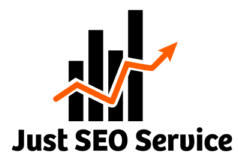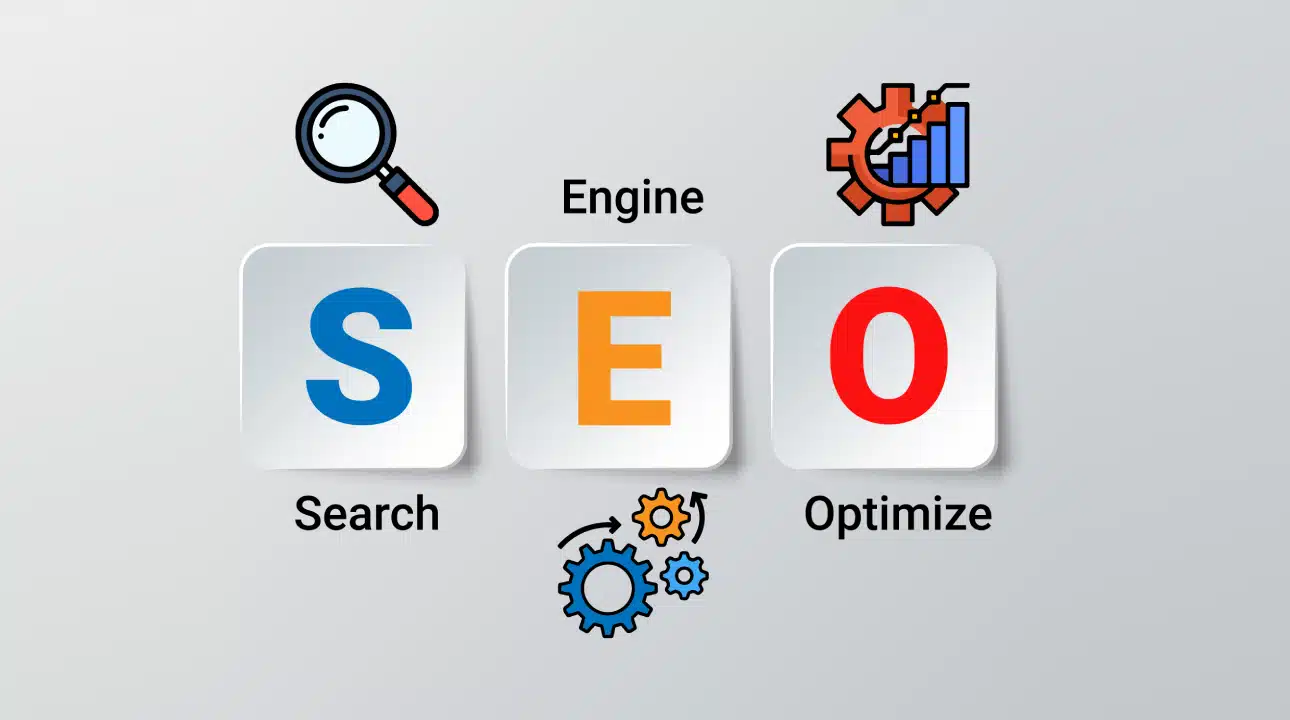What is SEO and How to Use it for Your Business?
If you’ve spent any time navigating the digital landscape, you’ve probably come across the term SEO.
Short for Search Engine Optimization, SEO has become a crucial component for businesses aiming to thrive online. But what exactly is SEO, and how can companies use it effectively? Let’s break it down.
What is SEO?
SEO, or Search Engine Optimization, refers to the practice of improving a website to increase its visibility on search engine results pages (SERPs). When your website ranks higher in search results, it becomes easier for potential customers to find your business. SEO isn’t just about stuffing your site with keywords; it’s about creating a seamless, user-friendly experience that aligns with what search engines prioritize.
On-Page vs. Off-Page SEO
SEO can generally be divided into two main categories:
- On-Page SEO: Focuses on optimizing elements directly on your website, like content, meta tags, headers, images, and internal links. This improves your site’s relevance and ensures it meets search engine criteria for ranking.
- Off-Page SEO: Concentrates on activities that happen outside your website but influence its authority and relevance, like backlinks, guest posting, and social media engagement.
By tackling both, businesses create a solid foundation for sustainable growth in digital visibility.
Why is SEO Important for Businesses?
For businesses, SEO is not just a strategy; it’s a pathway to better customer acquisition, credibility, and revenue. Here are some of the ways SEO benefits your organization:
- Enhanced Online Visibility: Higher rankings lead to more impressions, clicks, and visitors, driving organic traffic to your website.
- Cost-Effective Marketing: Unlike paid advertising campaigns, SEO generates organic traffic, which can be a more budget-friendly way to attract potential clients over time.
- Credibility and Trust: Websites that rank higher on Google are perceived as more reliable and trustworthy by users.
- Better User Experience: SEO involves optimizing your website structure and content, leading to faster site performance and easier navigation for visitors.
- Competing in the Digital Market: Your competitors are likely already investing in SEO. Staying ahead means you have to, too.
SEO Applications in Business Functions
To fully grasp how impactful SEO can be for your business, let’s explore its applications in different areas:
1. Customer Acquisition
SEO allows businesses to bring in customers actively searching for the products or services they offer, often delivering higher-quality leads than traditional advertising methods.
2. Brand Awareness
Ranking at the top of search results increases your brand’s visibility. Even if users don’t click your link immediately, they’ll associate your business with a specific niche over time.
3. Lead Generation
By targeting the right keywords, businesses can attract users who are already in the buyer’s journey, neatly aligning with their preferences and needs.
4. Market Research
Keyword analysis reveals what customers are looking for, providing invaluable insights for businesses to identify trends and gaps in the market.
How to Use SEO for Your Business
If you’re new to SEO, the process may seem overwhelming. Here are actionable steps to effectively use SEO for your business:
Step 1: Conduct a Website Audit
Before making improvements, analyze your current website. Look for issues like slow loading speeds, broken links, or poor mobile compatibility. Tools such as Google Search Console or services like a free SEO audit from agencies like Just SEO Service can help you identify problem areas.
Step 2: Target the Right Keywords
Use tools like Google Keyword Planner or Ahrefs to identify the terms your audience is searching for. Focus on long-tail keywords that are specific to your business niche, as these often have less competition and convert better.
Step 3: Optimize On-Page Elements
Enhance your website’s content and structure with SEO best practices:
- Create valuable, high-quality content that answers your audience’s questions.
- Write compelling meta descriptions and titles using target keywords.
- Use proper header tags (H1, H2, etc.) to structure your pages.
Step 4: Build High-Quality Backlinks
Off-page SEO efforts like guest posting, creating share-worthy content, and building relationships with industry influencers can help improve your website’s authority.
Step 5: Improve Local SEO
For businesses targeting specific regions or neighborhoods, optimizing local SEO is crucial. Claim your Google My Business profile, include your business address and phone number on your website, and encourage customer reviews.
Step 6: Utilize Analytics Tools
SEO isn’t a one-time task; it requires constant monitoring and adjustment. Use tools like Google Analytics to track metrics such as site traffic, bounce rate, and conversion rates.
Step 7: Focus on Mobile Optimization
With the growing number of mobile users, ensure your website is fully optimized for smaller screens. Mobile-friendly websites also boost rankings on Google’s mobile-first index.
Step 8: Invest in Content Marketing
Quality content lies at the heart of any SEO strategy. Blog consistently, create how-to guides, and share industry insights to position your brand as an authority.
Advanced SEO Strategies for Businesses
Once you’ve mastered basic SEO practices, consider advanced strategies to further enhance exposure:
- Voice Search Optimization: Optimize for voice queries by focusing on conversational long-tail keywords.
- Schema Markup: Add structured data to your website to make it easier for search engines to understand your content.
- Elevate Your DA/DR: Higher domain authority (DA) or domain rating (DR) gives search engines a clear signal that your website is reliable and authoritative. Businesses can achieve this with time or invest in reputable SEO services such as those offered by Just SEO Service.
- Content Expansion: Identify top-performing pages and create complementary content to deepen user engagement.
Closing Thoughts
SEO is indispensable for businesses looking to build strong, lasting online visibility. From finding the right keywords to link building and enhancing user experience, SEO is a multi-faceted strategy capable of transforming how businesses operate online.
Interested in elevating your website’s potential? Start with small steps like conducting a free SEO audit or reach out to seasoned experts effectively boosting DA, DR, and search rankings, such as Just SEO Service. The key is to remain consistent, track performance, and adapt your approach as needed.
Your competitors are investing in SEO to climb search results. Are you ready to do the same?

